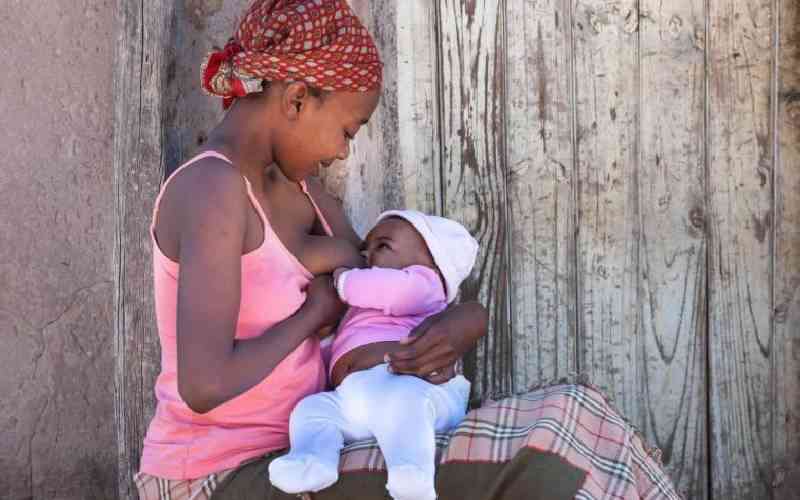×
The Standard e-Paper
Join Thousands Daily

The Ministry of Health has adopted a baby-friendly community initiative to promote, protect and support breastfeeding.
Under the programme, community health promoters walk through villages, teaching women on best breastfeeding practices including breastfeeding positions and hygiene to prevent transmission of infections to newborns.